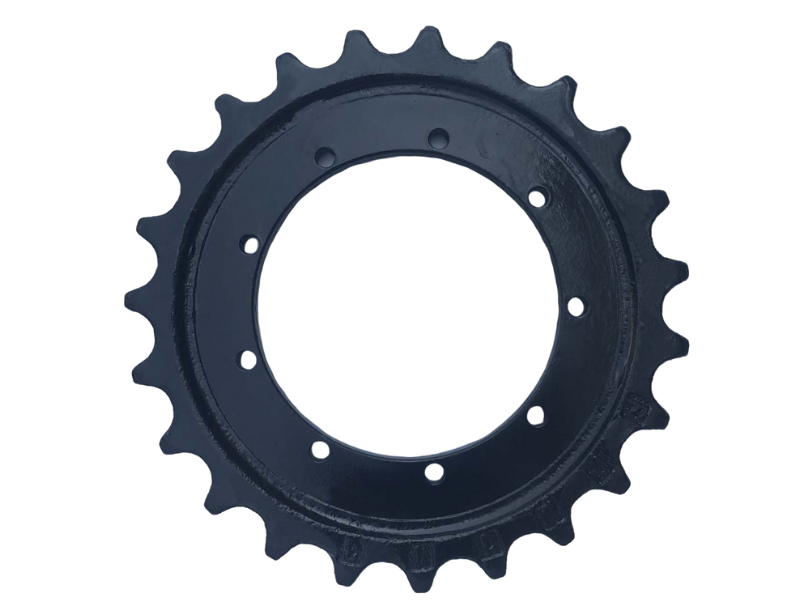
Winter can be one of the harshest seasons for heavy machinery. Cold temperatures, snow, ice, and slush can take a toll on the performance and lifespan of your excavator. One of the most overlooked yet critical components to maintain during this season is the excavator sprocket.
The excavator sprocket plays a vital role in the undercarriage system. It connects with the track links and transmits the engine’s power into the tracks to move the machine. Because of its central role and exposure to harsh elements, proper winter care can make a major difference in its longevity and performance.
In this article, we’ll explore key winter maintenance tips to help you keep your excavator sprocket in top shape during the cold months.
Before the winter season kicks in, inspect your excavator sprocket and the entire undercarriage system. Look for visible signs of wear such as:
Worn-out or broken teeth
Excessive rust or corrosion
Loose bolts or fittings
Abnormal track tension
Catching these issues early helps avoid unexpected breakdowns during critical work periods. If your sprocket teeth are sharply pointed or appear hooked, it’s time to replace them.
Snow and ice can accumulate around the sprocket and the undercarriage, especially when working in muddy or slushy conditions. When this buildup freezes, it can:
Restrict sprocket movement
Increase wear and tear
Cause jamming or slippage
Lead to premature component failure
Make it a habit to clean the sprockets and undercarriage daily. Use a pressure washer or a high-powered hose to remove debris, and make sure the area is free from compacted ice or mud.
Proper lubrication is key to preventing rust and ensuring smooth operation. In winter, cold temperatures can cause grease to harden, reducing its effectiveness. Use winter-grade lubricants that are formulated to remain fluid in low temperatures.
Focus on greasing not just the sprockets but also adjacent components like rollers and idlers to reduce overall stress on the undercarriage.
Improper track tension can cause significant damage to the excavator sprocket. In winter, the track tension can fluctuate due to changes in temperature and debris buildup.
Too tight: Increases stress on sprockets and can lead to accelerated wear
Too loose: Leads to jumping or misalignment with sprocket teeth
Check and adjust the track tension regularly as per your manufacturer’s guidelines.
Cold temperatures make metal more brittle. Sudden changes in direction or spinning the tracks aggressively can chip or crack the sprocket teeth, especially if the machine is under a heavy load.
Operate the excavator smoothly and avoid unnecessary high-speed movements, particularly in icy or uneven terrain.
If your excavator will be idle for extended periods during winter, don’t just leave it out in the open. Moisture and freezing temperatures can accelerate sprocket deterioration.
Park on wooden planks or a clean surface to avoid frozen ground contact
Use covers or tarps to shield the undercarriage from snow and ice
Run the machine occasionally to keep components moving and prevent seizing
If your machine tends to work more in one direction (e.g., turning left more than right), this can cause uneven wear on the excavator sprocket. During winter maintenance, rotate the tracks or switch them side to side if the manufacturer allows it.
This simple tip helps extend sprocket life by distributing wear more evenly.
No matter how diligent you are with maintenance, excavator sprockets will eventually wear out. Replacing a worn sprocket before it causes track damage can save you money and downtime in the long run.
If you notice signs of slipping, vibration, or uneven movement, have a professional evaluate the condition of the sprocket immediately.
Proper winter maintenance is not just about protecting your machine—it’s about maximizing uptime, efficiency, and safety. Your excavator sprocket is under constant pressure and exposure, especially during cold-weather operations. By following these simple yet effective tips, you can ensure that your sprocket continues to perform well throughout the winter season.
Remember: A well-maintained sprocket means a longer lifespan for your entire undercarriage system—and fewer costly repairs down the line.
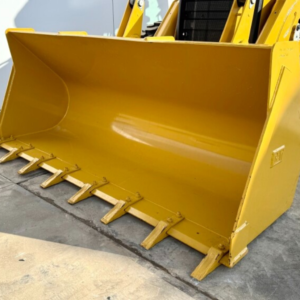
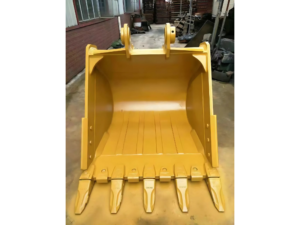
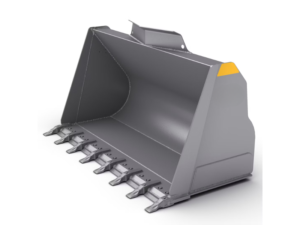
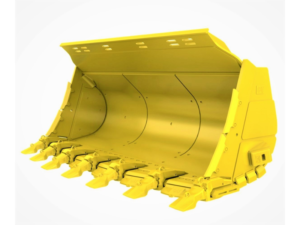



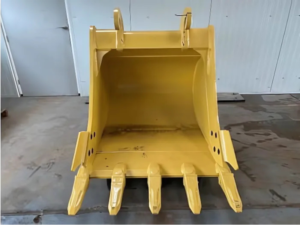
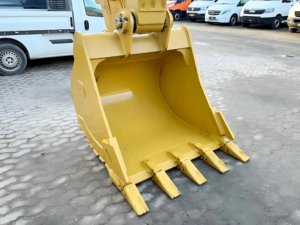
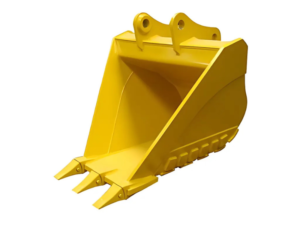
Excavator Rock Bucket | Excavator Skeleton Bucket | Excavator Trapezoidal Bucket | Excavator Soil Bucket | Excavator Loader Bucket | Excavator Single-Shank Ripper | Excavator Triple-Shank Ripper | Excavator Track Link Assembly | Excavator Tooth Points | Excavator JCB Teeth & Side Cutter | Excavator Idler | Excavator Sprocket | Excavator Lower Roller | Excavator Undercarriage | Excavator Track Group | Excavator Bolts | Excavator Rock Bucket in Chennai | Excavator Skeleton Bucket in Chennai | Excavator Trapezoidal Bucket in Chennai | Excavator Soil Bucket in Chennai | Excavator Loader Bucket in Chennai | Excavator Single-Shank Ripper in Chennai | Excavator Triple-Shank Ripper in Chennai | Excavator Track Link Assembly in Chennai | Excavator Tooth Points in Chennai | Excavator JCB Teeth & Side Cutter in Chennai | Excavator Idler in Chennai | Excavator Sprocket in Chennai | Excavator Lower Roller in Chennai | Excavator Undercarriage in Chennai | Excavator Track Group in Chennai | Excavator Bolts in Chennai | Excavator Rock Bucket in India | Excavator Skeleton Bucket in India | Excavator Trapezoidal Bucket in India | Excavator Soil Bucket in India | Excavator Loader Bucket in India | Excavator Single-Shank Ripper in India | Excavator Triple-Shank Ripper in India | Excavator Track Link Assembly in India | Excavator Tooth Points in India | Excavator JCB Teeth & Side Cutter in India | Excavator Idler in India | Excavator Sprocket in India | Excavator Lower Roller in India | Excavator Undercarriage in India | Excavator Track Group in India | Excavator Bolts in India
TEAM. All Rights Reserved. Developed by Pixel Tech.